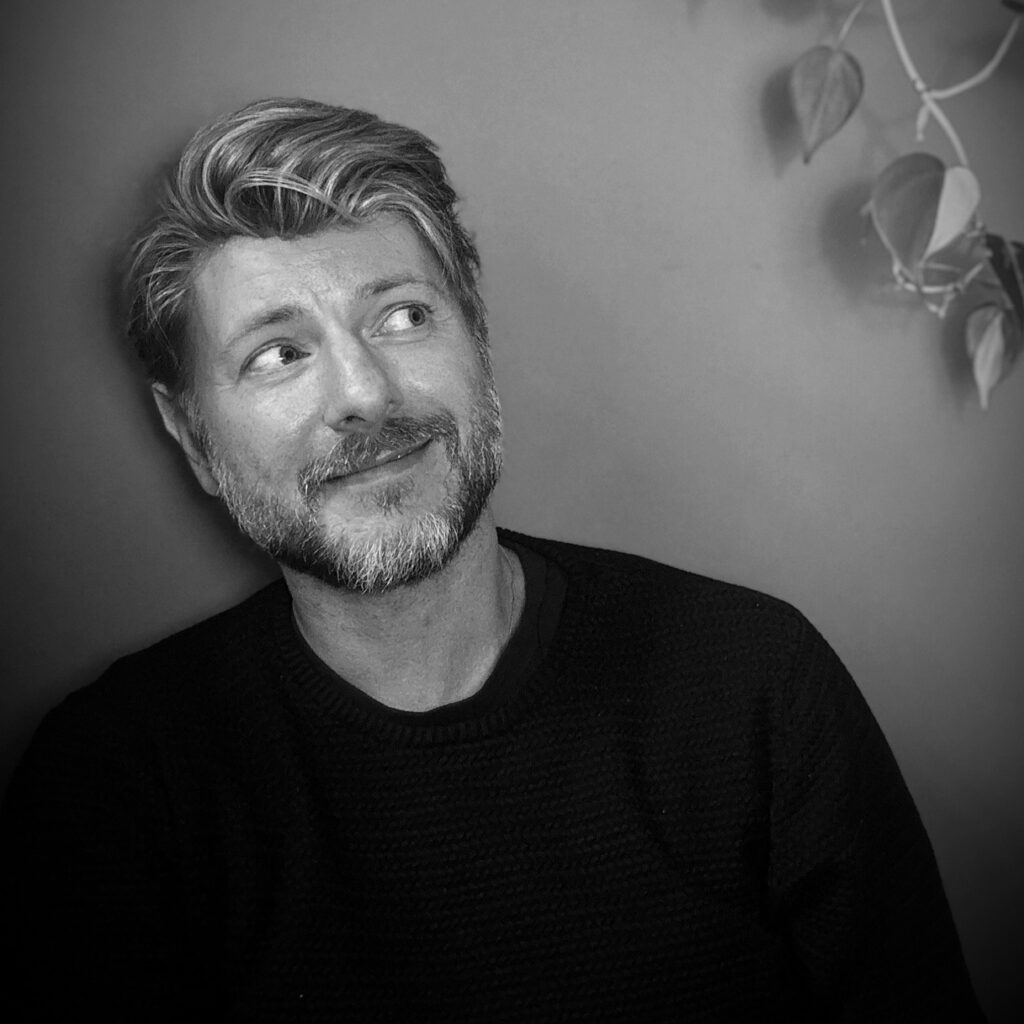Vet Simon Boulton opens up about his journey with OCD, highlighting the internal challenges, coping strategies, and the crucial role of therapy. With empathy and creative problem-solving, he reflects on his methods for managing OCD while striving for balance and fulfillment.
“Oh I’m a little bit OCD…”
How many times do you hear people say this? Quite often I expect? But do you really know what it’s like to truly live with OCD? If you do, then I expect these throw away phrases will be the source of inner frustration.
Whilst there are common themes and ultimately cycles of obsessions and resulting compulsions, not all OCD presents the same. With me, for example, you may not even be aware of it. My compulsions aren’t ‘physical actions’ all the time and I’m very high functioning, ultimately suffering more in my down-time when I’m alone or when I’m stressed and my threshold drops. You may notice me avoid certain things or occasionally go quiet if my brain is going ten to the dozen but you certainly wouldn’t be aware of the constant battle I’m fighting on the inside.
Worry and obsession
My OCD is mainly thought based, meaning I’ll get something in my head and get stuck in a cycle, the compulsions are internal mantras to talk myself out of the worry/obsession and I’ll be stuck in this cycle of worry-response, worry-response.
I often feel like OCD is the opposite of sociopathy, in that my empathy and concern is switched up too high. All of my obsessions are associated with not wanting to harm others so let’s take COVID as an example. I was worried about catching COVID of course, but not for myself, it was that I would then go on to give it to someone else and they would die and I would be responsible. Not necessarily unreasonable given what we went through but it’s about the extremes it goes to. Nearly passing out because you don’t want to breath on people and you hold your breath, having to buy anything you touch in the supermarket in case you have contaminated it etc etc. I have to say I had some pretty fantastic therapy during COVID which really helped all areas of my OCD as whilst the topic of the OCD shifts, the behavioural cycle always stays the same.
OCD in the workplace
Working in practice had its fair share of OCD triggers for me. I still have nightmares about aseptic surgery and touching something non-sterile. I’d often go home worrying excessively about cases and any complaints affected me deeply with catastrophic implications going off in my head.
However, I have come to really understand and live alongside my OCD; I have it under control 95% of the time and try to appreciate the advantages my mind gives me when it’s not going that little bit too far.
- I have a huge amount of empathy for my colleagues and customers, I can really see things from their point of view and use it to help and support others and to understand needs on a deep level.
- I’m vigilant about what I do if I can keep to ‘aware but not obsessive’
- I’m now aware of when I need to push through and fight my brain vs when I just need to leave a certain situation. For example, exposure therapy is a large part of cognitive behavioural therapy (CBT) in managing OCD and so you often find yourself having to force yourself to do something that would be quite triggering (to quite literally tell your brain ‘it’s fine’, as avoiding it reinforces your brains wiring that it’s something to worry about). By telling myself that doing it is ‘treatment’, it often makes it easier.
- It makes me passionate about what I do and creative in solving problems and creating understanding in others.
You are not alone
A message I would give to other people with OCD is that ‘you are not alone’, more people than you think are wired like you (some people can hide it better is all). Get yourself a great therapist that you trust (and don’t give up if your first few don’t work for you, it took me some time to find the right person), keep on top of it and ‘live your CBT’ as OCD thought patterns can slide backwards if you let them. Find hobbies and techniques that relax and engage you, if I’m bored or stressed that’s when I feel my thought’s going towards the OCD thoughts.
Most of all, don’t let IT control YOU, harness that beautiful mind of yours and use it for good and for things that make you happy.
Simon Boulton MRCVS




